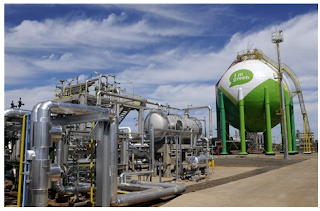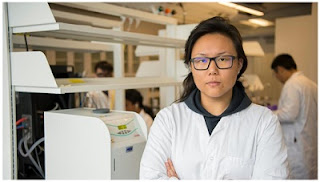Braskem Presented Latest Biobased Resins and Recycling Projects at Tokyo Pack

To showcase its products developed using renewable raw materials and to strengthen its presence in the Japanese market, Braskem participated in Tokyo Pack. Braskem is the largest thermoplastic resin producer in the Americas, with annual production volume of over 20 million tons, which includes chemical products and basic petrochemicals. World's First Biobased Polyethylene In its debut at the event, the company welcomed visitors to its booth displaying products such as I'm green™ plastic, which is the world's first biobased polyethylene produced on an industrial scale, and I'm green™ EVA (ethylene vinyl acetate), which also is made from sugarcane. " Asia has become an important market for us, especially in businesses involving Green PE, and Tokyo Pack is the perfect opportunity to consolidate our presence in the packaging industry. We will take the opportunity to introduce to the local public our latest developments in biobased resins and ou




